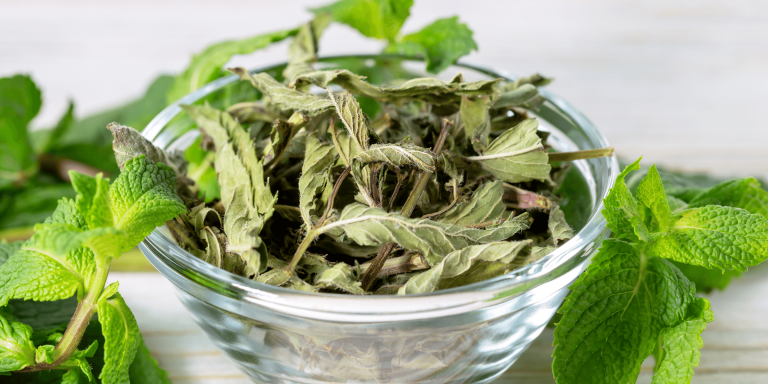In the heart of Morocco, nestled in the enchanting Dades Valley, lies the picturesque town of Kelaat M’Gouna. This serene oasis is not only renowned for its breathtaking landscapes but also for a tradition that has been flourishing for centuries—the production of Moroccan rose water.
Cultivating the Essence of Beauty:
Kelaat M’Gouna is celebrated as the rose capital of Morocco, and for good reason. The town’s fertile soil and optimal climate provide an ideal environment for the cultivation of Damask roses, also known as Rosa damascena. These fragrant blossoms, with their delicate pink petals, are the cornerstone of Morocco’s rose water production.
The Time-Honored Process:
The traditional method of making Moroccan rose water involves a meticulous process that has been passed down through generations. The rose petals are carefully harvested by skilled hands during the peak of the flowering season. These petals then undergo steam distillation, a method that captures the essence of the roses without compromising their delicate fragrance.
In steam distillation, steam is passed through the rose petals, extracting the essential oil. The steam, now infused with the precious essence, is then condensed back into a liquid, resulting in the pure and intoxicating Moroccan rose water. This time-honored process not only preserves the authenticity of the product but also reflects the deep cultural connection between the people of Kelaat M’Gouna and their revered roses.
A Symphony of Aromas:
Moroccan rose water is celebrated for its exquisite fragrance—sweet, floral, and undeniably captivating. Beyond its aromatic allure, Moroccan rose water has gained popularity for its various health and beauty benefits.
The Elixir of Beauty:
Moroccan rose water is a natural tonic for the skin. Its gentle and hydrating properties make it a sought-after ingredient in skincare routines. Rich in antioxidants, it helps soothe and tone the skin, reducing redness and inflammation. The anti-aging properties of rose water are cherished for promoting a youthful complexion, making it a staple in Moroccan beauty rituals.
Health and Well-being:
In addition to its cosmetic uses, Moroccan rose water is embraced for its potential health benefits. It is known to have calming and relaxing effects, making it a popular choice for aromatherapy. The subtle aroma of rose water is believed to alleviate stress and promote a sense of tranquility.
A Culinary Delight:
Moroccan cuisine is a tapestry of flavors, and rose water adds a unique and delightful dimension to many dishes. In the kitchen, Moroccan rose water is used to infuse desserts, pastries, and beverages with its distinctive floral notes. From aromatic tagines to delectable pastries, the use of rose water in Moroccan culinary traditions is a testament to its versatility.
Preserving Heritage:
As the rose-scented winds of Kelaat M’Gouna continue to weave through the Dades Valley, the tradition of making Moroccan rose water stands as a living testament to the rich cultural heritage of Morocco. The cultivation of Damask roses and the art of producing rose water in Kelaat M’Gouna not only sustain a local industry but also connect the past with the present.
In the enchanting town of Kelaat M’Gouna, Moroccan rose
water is more than a fragrant elixir; it is a symbol of beauty, tradition, and
the enduring connection between the people and their beloved roses.


